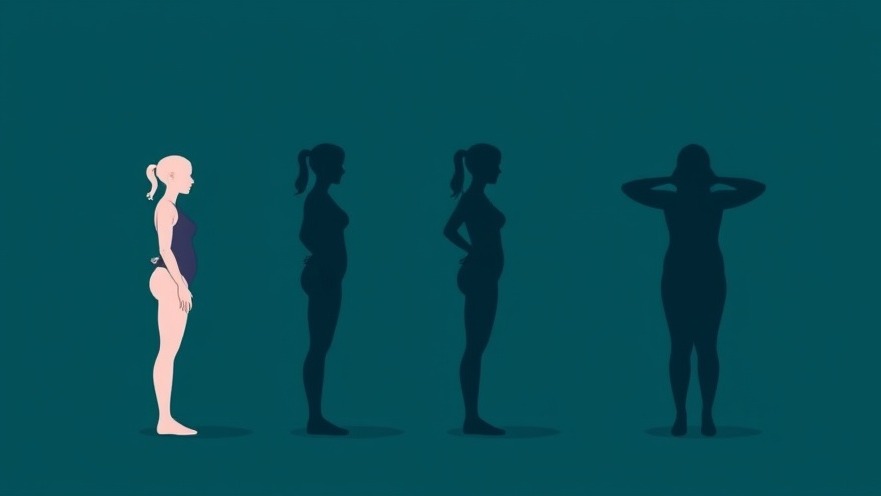
The Surprising Impact of Food Processing on Weight Loss
In a groundbreaking study conducted by researchers at University College London, a significant shift in our understanding of healthy eating has emerged. It turns out that the method of food processing plays a crucial role in weight loss, independent of calorie intake. Participants who adhered to a minimally processed food (MPF) diet lost more than twice the amount of weight compared to those consuming ultra-processed foods (UPF), despite both diets being designed for nutritional equivalence. This revelation might inspire many to rethink their dietary choices in the pursuit of a healthier lifestyle.
What Is Minimally Processed Food?
Minimally processed foods include items like whole grains, fresh fruits, and homemade meals. These foods retain essential nutrients and are less likely to have added sugars or preservatives compared to ultra-processed options like packaged snacks and instant meals. In this study, participants enjoyed meals such as homemade spaghetti or overnight oats, which not only contributed to satisfying meals but also fostered a mindset of mindfulness around eating.
The Study Breakdown: Diets Compared
The study included 55 adult participants who were divided into two groups, each experiencing a period of dieting that alternated between MPF and UPF. Remarkably, those on the MPF diet experienced an average weight loss of 2.06% of their body weight, while the UPF group lost 1.05%. This stark contrast showcases that even when calories are controlled, food quality and processing methods can lead to vastly different health outcomes.
How Food Quality Influences Cravings
Another fascinating aspect of the study is how food processing modifies cravings. Participants reported feeling less hungry and more satisfied with their meals when consuming minimally processed options. This reduced craving level could be linked to the higher fiber content and lower sugar levels typical of MPF, suggesting that making mindful swaps in dietary habits could lead to lasting weight loss success.
Real-World Implications: Making Healthier Choices
For those considering dietary adjustments, opting for minimally processed foods can be a practical step toward achieving a balanced diet and maintaining a healthy weight. With the inclusion of wholesome, natural ingredients, individuals may find that they can eat larger portions while still losing weight and feeling satisfied. This is a powerful realization that could shift the ways we approach weight loss in the future.
Future Trends in Nutrition and Health
As research continues to surface, public health perspectives are increasingly favoring minimally processed diets not just for weight loss, but for overall health and disease prevention. It’s reasonable to predict that future dietary guidelines will emphasize the importance of food processing in addition to caloric intake. For many, moving toward a more home-cooked, less processed way of eating represents a sustainable approach to health.
Taking Action: Simple Steps Toward Mostly Natural Eating
Starting today, individuals can incorporate more minimally processed foods into their diets by exploring local markets for fresh produce, experimenting with homemade meals, and prioritizing whole grains. By making these small, yet impactful changes, anyone can embark on a journey toward health and well-being while enjoying their meals more.
Conclusion: A Holistic Approach to Wellness
This study emphasizes the importance of not only what we eat but how our food is processed. Choosing minimally processed foods can serve as a powerful strategy for those seeking not just weight loss, but a more vibrant, healthful life. Embracing this knowledge empowers individuals to be proactive about their health.
 Add Element
Add Element  Add Row
Add Row 



Write A Comment